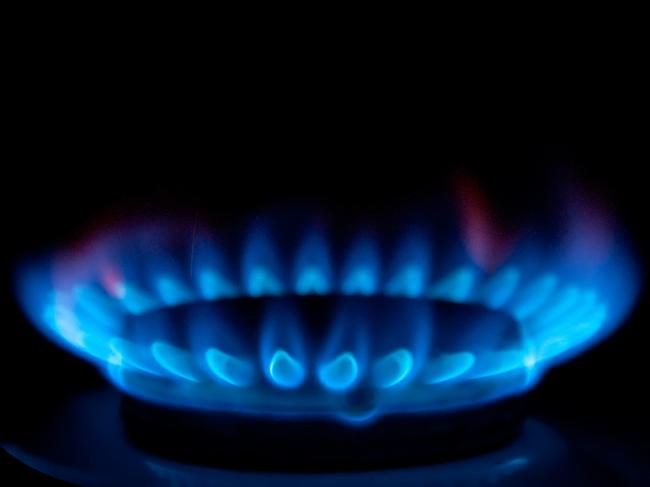Victorian renters may have to cough up extra rent under proposed gas changes
Victorian renters would have to cough up thousands of dollars in extra rent if the state government’s proposed changes to energy efficiency standards go ahead, according to new research.
Victoria
Don't miss out on the headlines from Victoria. Followed categories will be added to My News.
Victorian renters would have to cough up thousands of dollars in extra rent if proposed changes to energy efficiency standards go ahead, according to new research.
Set to be introduced in October next year, the Victorian government is seeking to introduce minimum energy efficiency standards on rental properties across the state.
This means homes with ageing ducted gas heating would have to replace their systems with electric appliances at, what is forecast to be, a considerable cost.
Research conducted by Frontier Economics warns landlords could be slugged with up to $27,000 in extra expenses if the government moves forward with the proposed changes.
The likely flow on costs would see up to 280,000 renters paying as much as $65 more a week, or $3,400 annually.
The increase is starkly different to original estimates as part of the government’s Regulatory Impact Statement that suggested rent would only jump $10 or less.
In light of the damning figures, the Gas Appliance Manufacturers Association of Australia has submitted “serious concerns” to the government citing major deficiencies with the proposed changes.

GAMAA president Ross Jamieson said the amended energy efficiency standards ignored the “real financial impacts” on tenants and landlords.
“The additional costs that would be forced on to rental providers is also likely to result in
withdrawal of rental properties from the market at a time when many Victorian families
are finding it hard to secure a rental property and make ends meet,” Mr Jamieson said.
“These new standards are also likely to result in tenants living in colder homes.”
It comes after industry experts told the Herald Sun earlier this year that forcing landlords to upgrade their gas appliances would create a much smaller housing pool for prospective tenants.
Already cash-strapped investors would be driven out of the Victorian property market, which was already drowned in big land taxes and high mortgage interest rates.
GAMAA president Ross Jamieson said the Frontier Economics research showed the added cost of converting gas appliances to electric could be 12 times higher than originally thought.
The research took into account cost estimates from appliance suppliers and installers on typical three to five bedroom, freestanding homes.
The associated costs of forced electrical upgrades would be up to $15,000.
Mr Jamieson believes the government is “underestimating” the cost of the necessary electric power supply upgrades which will affect renters in the long run.
“If these proposals go ahead, they will simply end up hurting the people the government
is trying to support at a time they can least afford it,” he said.
He added allowing landlords to replace their gas appliances with other, more efficient, gas appliances would lower costs and emissions, a “win-win solution” for all involved.
A Victorian government spokeswoman on Friday slammed the findings as “flawed”, accusing the GAMAA of cherry picking their costings directly from the industry and making projections without any economic basis.
The spokeswoman suggested proposed changes to replace gas water heaters, at end of life, would end up saving renters more than $1000.
“Our proposed Minimum Rental Standards give renters homes that are safe, comfortable to live in and cheap to run,” the spokeswoman said.
“Proposed changes to gas water heaters will only apply at end of life and when combined with other proposed minimum standards could save renters up to $1040 a year.”




